2025.5
| Version | |
|---|---|
| 2025.5.0 | May 22, 2025 |
System Requirements Update
Ensure your infrastructure meets the latest requirements for optimal performance and security:
| Component | Minimum Version | Recommended Version |
|---|---|---|
| KOTS | 1.117.3 | Latest |
| Kubernetes | 1.25 | 1.32 |
| PostgreSQL | 15 | 16 |
| Redis | 6 | 7 |
| ggscout | 0.16.6 | Latest |
Helm & Upgrade Considerations
To ensure compatibility, please review Helm values updates from the previous version.
Air gap deployment? We've renamed images in this release. Follow the upgrade instructions to update your tooling for downloading and uploading GitGuardian images to your private registry.
FIPS: This release uses Chainguard images without FIPS-approved cryptographic modules. If you would like to use Chainguard images with FIPS, please contact our support team.
ServiceNow secret scanning
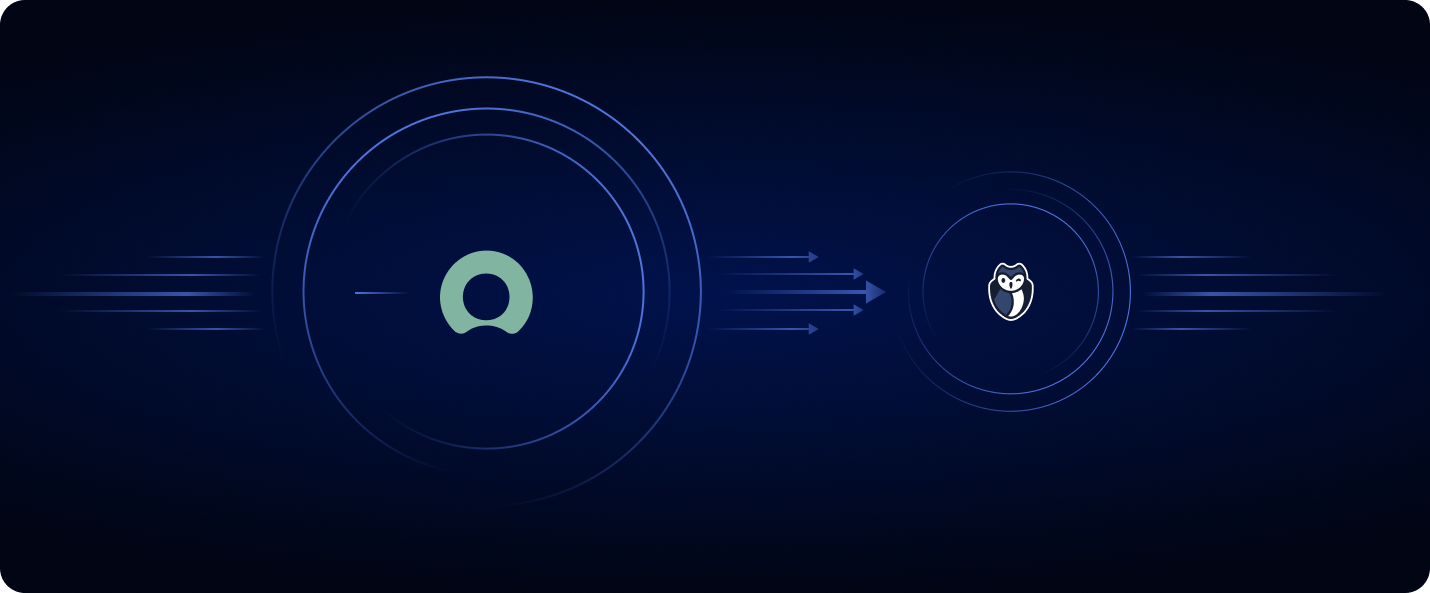
ServiceNow is now supported for secrets detection and honeytoken detection, enabling automated tracking of security incidents. Learn more
Customize Your Incidents View for Enhanced Context Exploration
With this new feature, users can create fully customized views of their incidents, displaying specific properties and exploring their security data in an entirely new way.
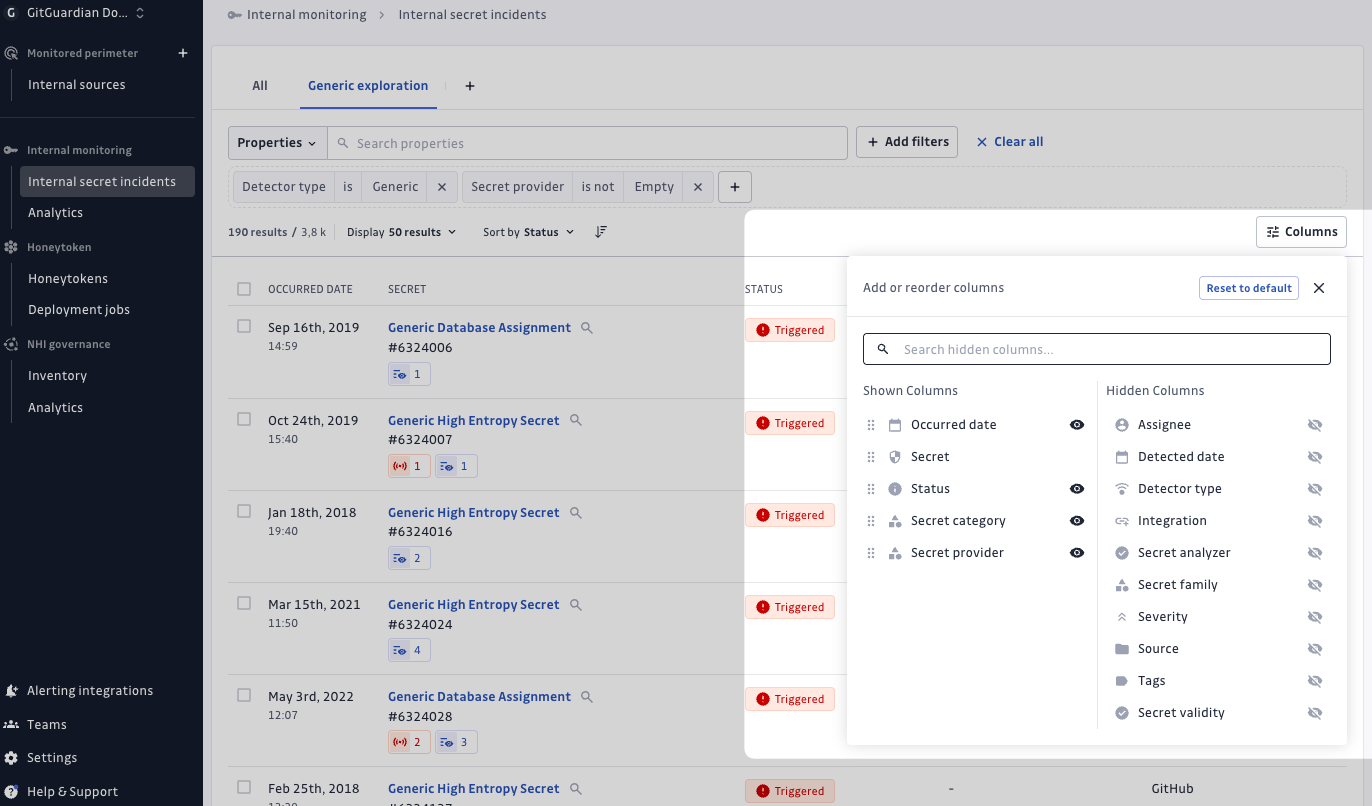
This customization capability offers two key advantages:
- Leverage the Generic Secret Enricher model (read 2025.3 release page) - You can now explore and prioritize generic incidents more effectively by visualizing the AI-classified secret categories and providers
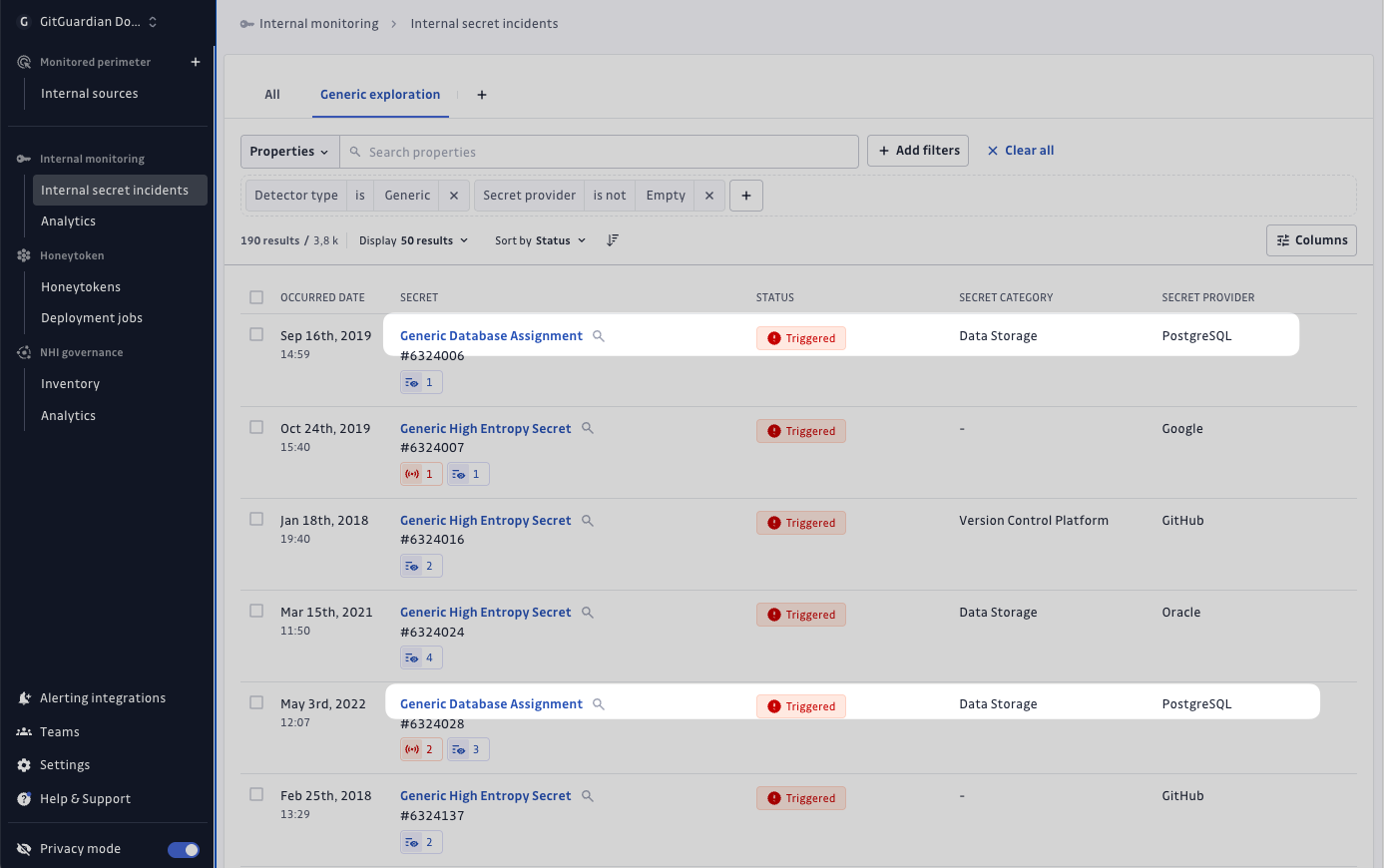
- Harness extensive incident context - Access the rich contextual data we provide for each incident, which is essential for efficient prioritization efforts
Context is critical for effective remediation. CyberSecurity is fundamentally a data business, and by collecting and presenting the richest, most structured context possible, we enable you to filter, sort, and prioritize incidents effectively and make informed decisions.
Read more in the documentation
Automate User Onboarding & Offboarding with SCIM
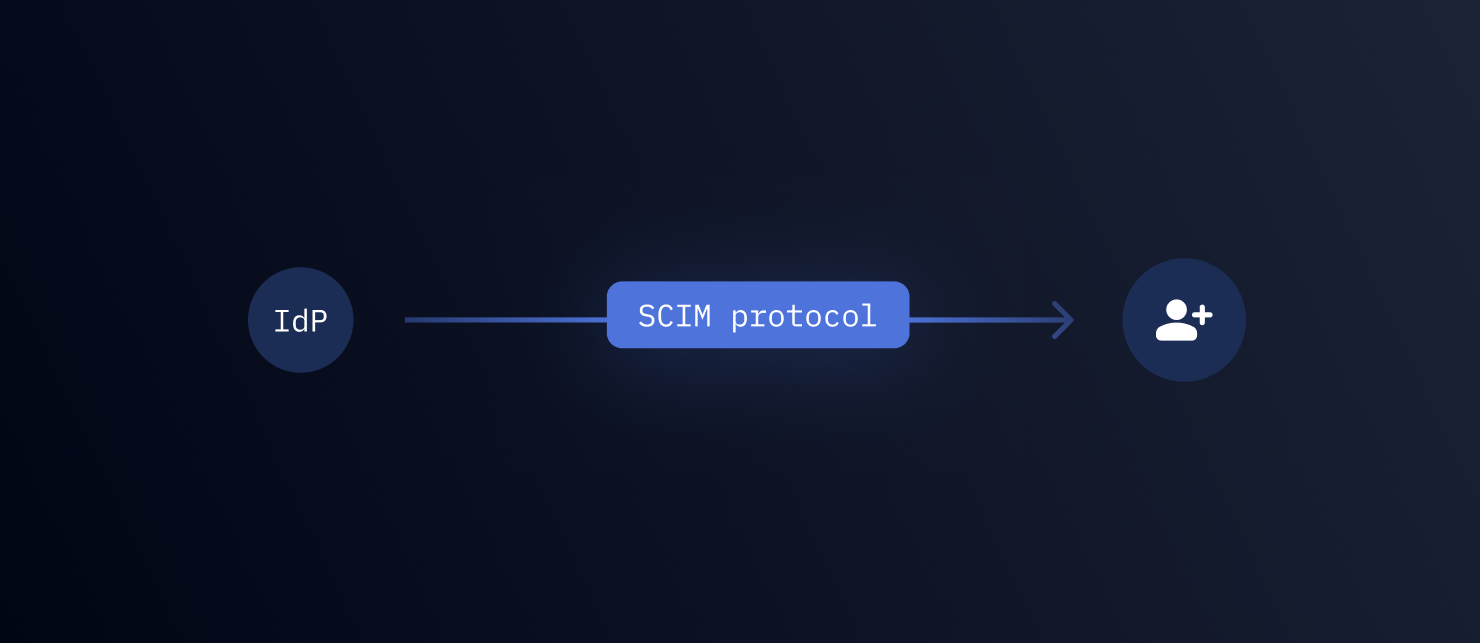
SCIM (System for Cross-domain Identity Management) integration now supports both automatic user provisioning and deprovisioning in GitGuardian. When users are added or removed from your Identity Provider (IdP)—such as Okta or Microsoft Entra ID—they are automatically created or deactivated in your GitGuardian workspace.
Now, all your developers can be automatically onboarded to GitGuardian and are ready to handle security incidents as soon as they are added to your IdP. This means you can fully automate the onboarding and offboarding of users, directly from your IdP, ensuring your entire development team is always prepared to respond to incidents.
Why is this important?
- Streamlined onboarding: New users are automatically provisioned in GitGuardian as soon as they are added to your IdP—no more manual invites or user creation.
- Automated offboarding: When a user is removed or deactivated in your IdP, their access to GitGuardian is automatically revoked, reducing security risks.
- Real-time synchronization: User changes in your IdP are reflected in GitGuardian almost instantly, ensuring your workspace always stays up to date.
- Improved compliance: Automated user lifecycle management helps you meet security and compliance requirements by ensuring only authorized users have access.
- Reduced manual work: Save time and reduce errors by eliminating manual user management tasks.
Note: Team provisioning via SCIM is not yet available, but is planned for a future update.
How to get started?
- SCIM is available for workspaces using Okta or Microsoft Entra ID as their IdP.
- To enable SCIM, go to your workspace Settings > Authentication and follow the setup instructions for your IdP.
- For detailed configuration steps and best practices, check out our product documentation.
NHI Policies improvements
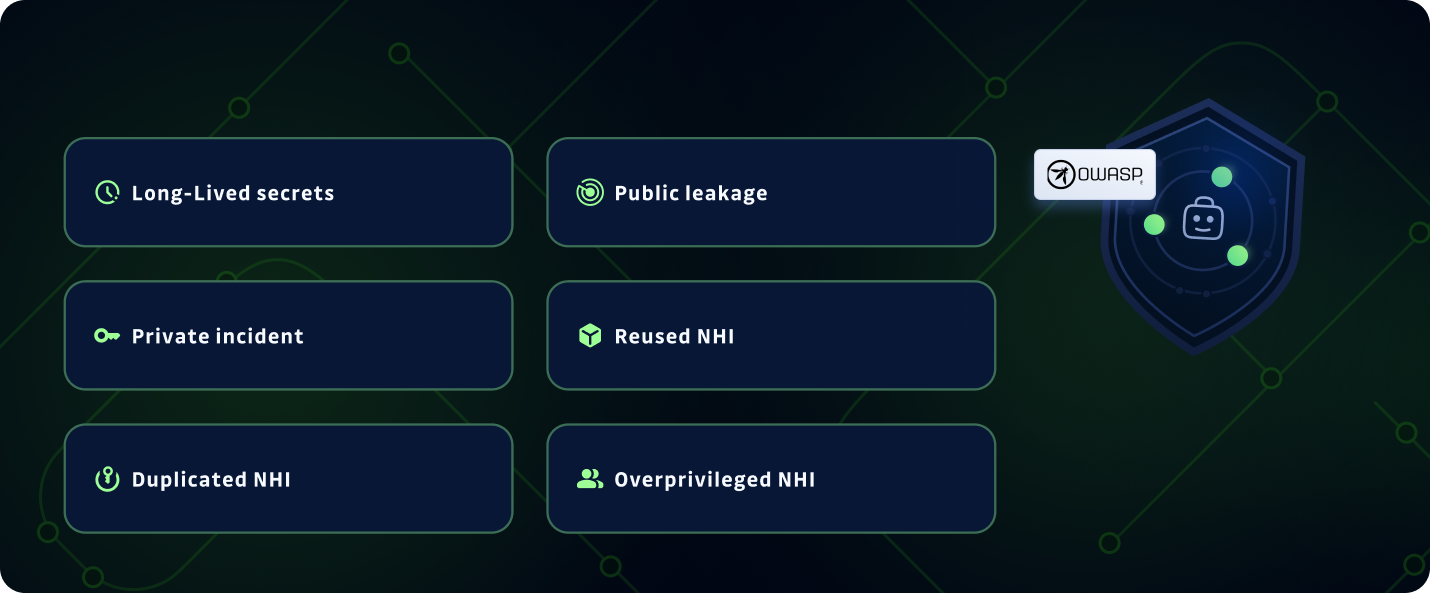
Identify quick wins and areas of improvement thanks to improved policy breach visibility and management, including the ability to:
- Filter breaches by type on the inventory page,
- View detailed analytics on NHI breaches over time,
- Benefit from Secret Reuse policy for better secret management and security across environments.
Want to discover more about NHI Governance? Check out our public materials:
Secrets Detection Engine (v2.138)
This release brings major enhancements to the Secrets Detection Engine, with a strong focus on expanding coverage for Artifactory and Azure services. New detectors have been added for a wide range of secrets—including Perplexity AI, Azure Entra ID, Communication Services, App Configuration, and more—helping organizations better protect sensitive credentials across their software supply chain and cloud infrastructure.
Key improvements include:
- Expanded Azure Coverage: New detectors for Entra ID tokens, Communication Services, App Configuration, DevOps PATs, and SignalR, strengthening security for Azure environments.
- Broader Secret Detection: Added support for Perplexity AI, Anthropic admin keys, Laravel encryption keys, X AI API keys, and GitGuardian Platform Magic Links.
- Enhanced Accuracy: Upgrades to existing detectors (LDAP, JWT, Cloudinary, Auth0, Claude, Jira, SMB, ODBC, Octopus, and more) improve precision, recall, and reduce false positives.
For full details on new detectors and improvements, see the list below.
New Detectors
- Perplexity AI API Keys – Added a new detector for Perplexity AI API keys.
- Azure SignalR Connection String – Introduced a new detector for Azure SignalR Connection Strings.
- Azure Event Grid Access Key – Added new detectors for Azure Event Grid Access Keys and a New Checker for the
azure_event_grid_access_key_with_hostdetector. - Anthropic Admin Keys – Introduced a new detector and New Checker for Anthropic admin keys.
- GitGuardian Platform Magic Link – Added a new detector for GitGuardian Platform Magic Links.
- Azure Entra ID Tokens – Detects tokens used for authentication within Azure's identity management service, Entra ID.
- Azure Communication Services Connection Strings – Identifies connection strings for Azure's comprehensive communication platform.
- Azure DevOps Personal Access Token – Recognizes personal access tokens used to authenticate with Azure DevOps.
- Laravel Encryption Key – Detects encryption keys used in Laravel applications for data security.
- Azure App Configuration Connection String – Identifies connection strings for managing application settings in Azure.
- X AI API Keys – Detects API keys for accessing X AI's artificial intelligence services.
Detector Improvements
- LDAP Credentials – Checker Upgrade: Improved the LDAP checker to better distinguish between connection errors and invalid credentials. Updated
ldap_credentials_assignment_with_dnto remove false positives. - JSON Web Token – Detector Upgrade: The detector will now detect all JWTs regardless of their contents.
- Cloudinary API Keys – Detector Upgrade: Extended charset of
cloudinary_api_key_configto improve recall. - Auth0 Keys – Detector Upgrade: Improved recall of the detector to detect more domains.
- Claude API Key – Detector Upgrade: Refined regex for Claude API keys.
- Riot Games API Key – Checker Updated: Banlist checker will be deleted.
- LINE Notify Token – Checker Updated: Banlist checker as the service has been discontinued.
- Microsoft Azure Storage Connection String – Detector Upgrade: Improved regex precision for more accurate detection.
- ODBC Connection String – Detector Upgrade: Enhanced regex precision to better identify ODBC connection strings.
- Jira Token – Detector Upgrade: Corrected host regex to accurately match ports.
- SMB Credentials – Detector Upgrade: Now allows percent sign as a separator between username and password in host matches.
- Octopus API Key – Checker Upgrade: Updated to use the correct API endpoint, resolving issues with secret validity checks.
Enhancements
- Emails: Included the number of incidents to both weekly digest and historical scan emails subject line
- Jira Data Center Issue Tracking Integration: Creating Jira tickets now only requires regular user permissions. Administrator privileges on the Jira Data Center site are only needed when setting up the two-way synchronization (Auto-resolve feature).
- Self-Hosted:
- Ensured that the Redis FLUSHDB command is available for use before installing or upgrading GitGuardian. Learn more.
- Added support for configuring proxy username and password using Kubernetes secrets. Learn more.
- GitGuardian Chainguard images are now used by default and include a shell for troubleshooting and maintenance.
- Security: Implemented a Content Security Policy in response headers to better control which resources can be loaded, strengthening overall security.
Fixes
- GitLab Integrations: Resolved a problem where system hook checks returned a 403 forbidden error when using a read-only token.
- Dashboard: Resolved an issue where a toast message displayed "unknown error" in certain situations.
- Historical Scan: Resolved an issue where scans of empty GitHub repositories were incorrectly marked as failed.
- API: Resolved an issue where deleted sources were incorrectly displayed as monitored.
- Self-Hosted:
- Resolved an issue where deployment failed when using Kustomize.
- Increased the readiness probe timeout for public-api to enhance stability and prevent failures.
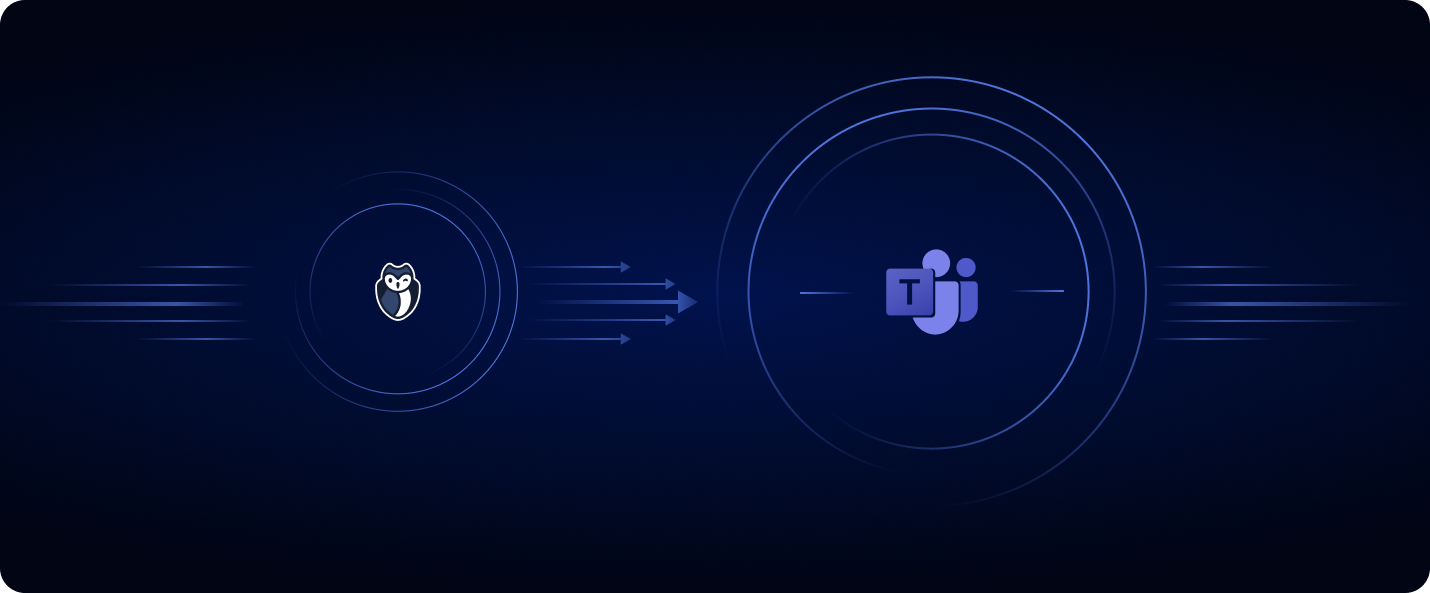 Never miss a critical security event with real-time GitGuardian alerts in Microsoft Teams.
Never miss a critical security event with real-time GitGuardian alerts in Microsoft Teams.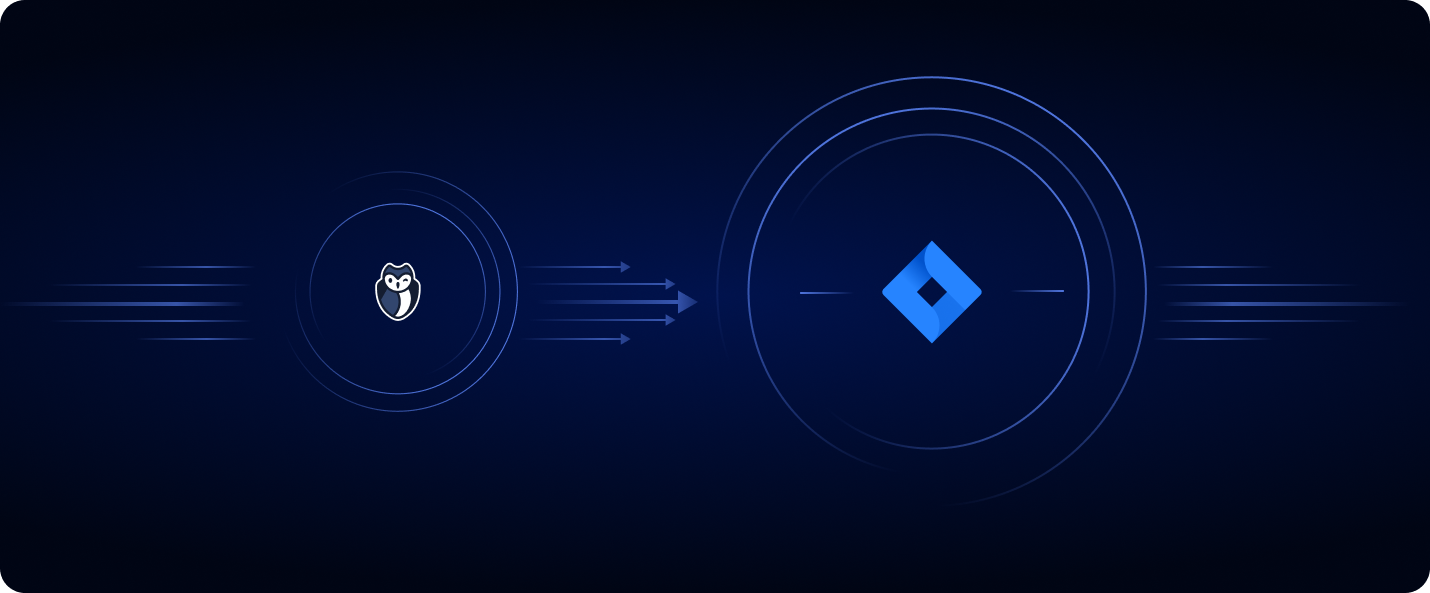 Streamline incident response with Jira Data Center integration.
Streamline incident response with Jira Data Center integration.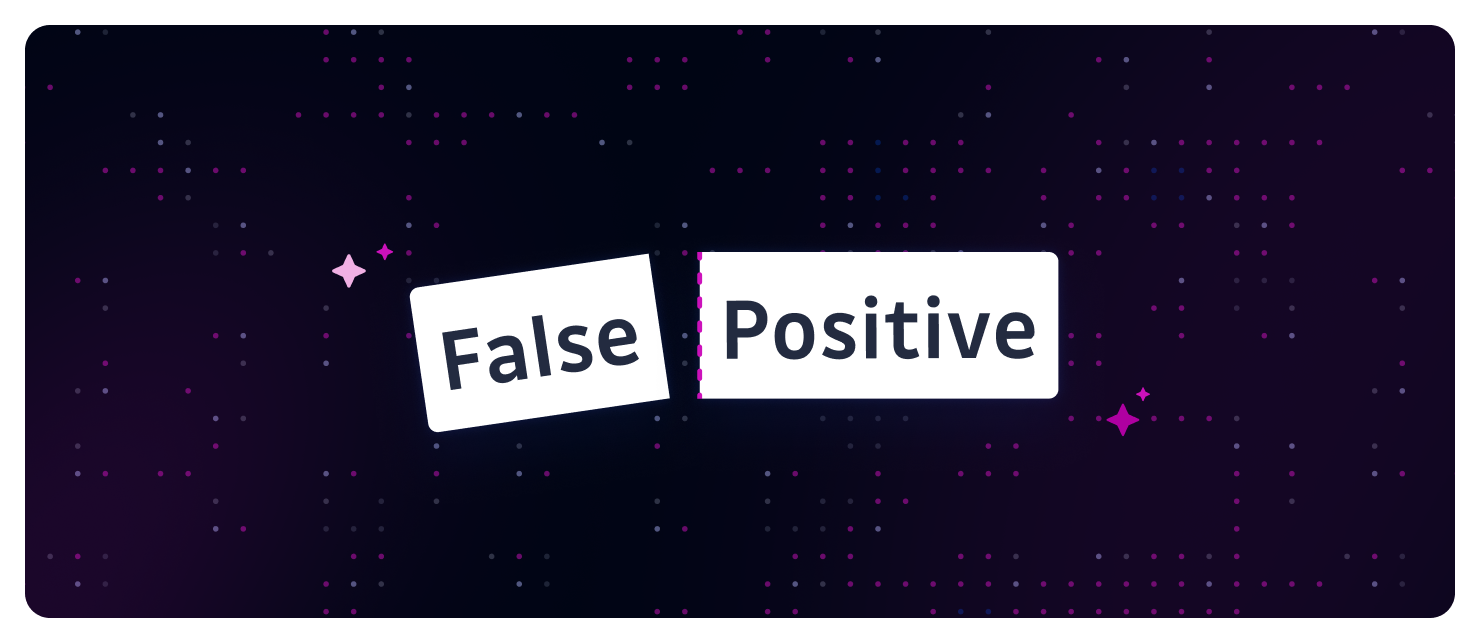 Our first internal machine learning model halves false positives, ensuring data security and privacy without third-party dependencies. This in-house capability is now available for Self-Hosted. More information is available in the
Our first internal machine learning model halves false positives, ensuring data security and privacy without third-party dependencies. This in-house capability is now available for Self-Hosted. More information is available in the 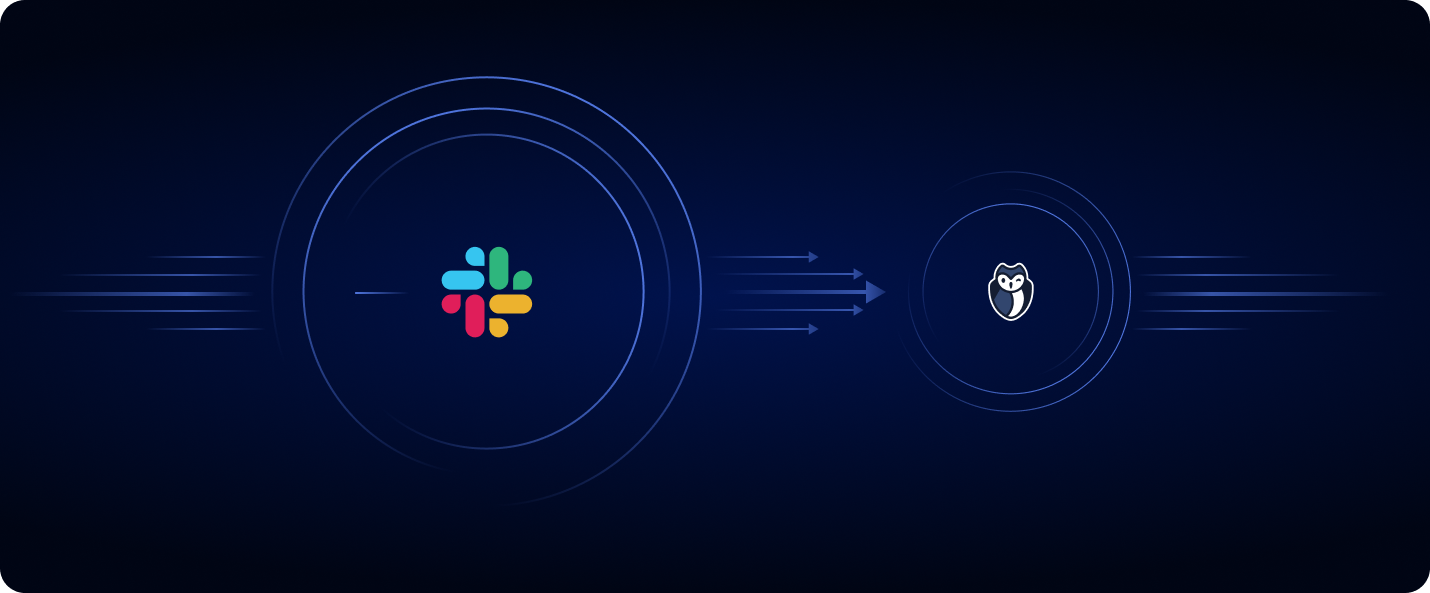 Slack integration is now supported for scanning the full history of your public and private Slack channels to detect leaked secrets.
Slack integration is now supported for scanning the full history of your public and private Slack channels to detect leaked secrets.
